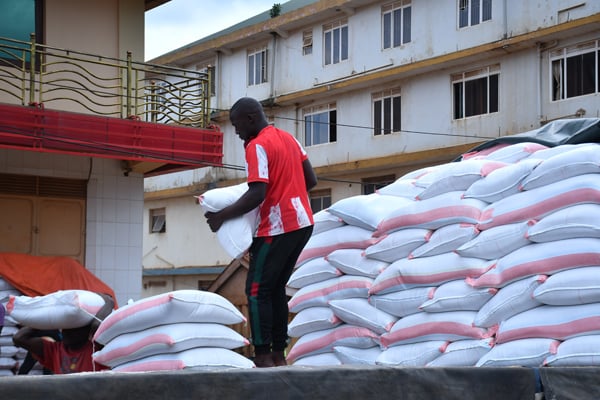EAC allows Uganda to use taxes to protect critical sectors

EAC allows member countries to use certain tax bands to protect sectors where they have a competitive advantage. Photo / File
What you need to know:
- Uganda can used tax bands of 25 percent and 35 percent to 60 percent for agricultural products where the country has competitive advantage
Uganda will continue to impose taxes on imported goods that have the potential to undermine growth of key sectors of the economy such as agriculture, industry and manufacturing.
Speaking during the third edition of the East African Community (EAC) Financial Year 2023/24 Post Budget dialogue on tax and debt organised by Seatini in Kampala, Finance State Minister for General Duties Henry Musasizi, said EAC member states had given Uganda the green light to continue applying import duty rates beyond the tariff bands of zero percent, 10 percent 25 percent and 35 percent on specific products.
“The rates are from 25 percent and 35 percent to 60 percent for agricultural products where Uganda has competitive advantage, in order to promote import substitution and value addition,” he said, noting that these rates will particularly be imposed on meat and edible meat offal, fresh or chilled potatoes other than seed, sausages and similar products and chewing gum.
Other products include other sugar confectionary (sweets) chocolates, biscuits, and honey, ready to drink juices, ginger, jams, processed tea and coffee, among others.
Uganda has also proposed to extend duty remission for essential raw materials and inputs used by manufacturers in the production process, under the EAC duty remission scheme, which Mr Musasizi said will reduce the cost of inputs and cost of doing business.
Mr Moses Kaggwa, the Ministry of Finance director economic affairs, said the region still faces challenges in terms of tax harmonisation, which has allowed some countries to use non-tariff barriers to block goods from within the region.,
“Over the last five years, attempts to harmonise especially Excise Duty, VAT and Income Tax remain a challenge. Even then, we continue to make some strides and hope to keep engaging, going forward,” he said.
Ms Jane Nalunga, the Seatini executive director, said that whereas all EAC member states had increased their budgets for the 2023/24 financial year, revenue collected among EAC countries was still not commensurate with the increasing expenditure needs in the region.




